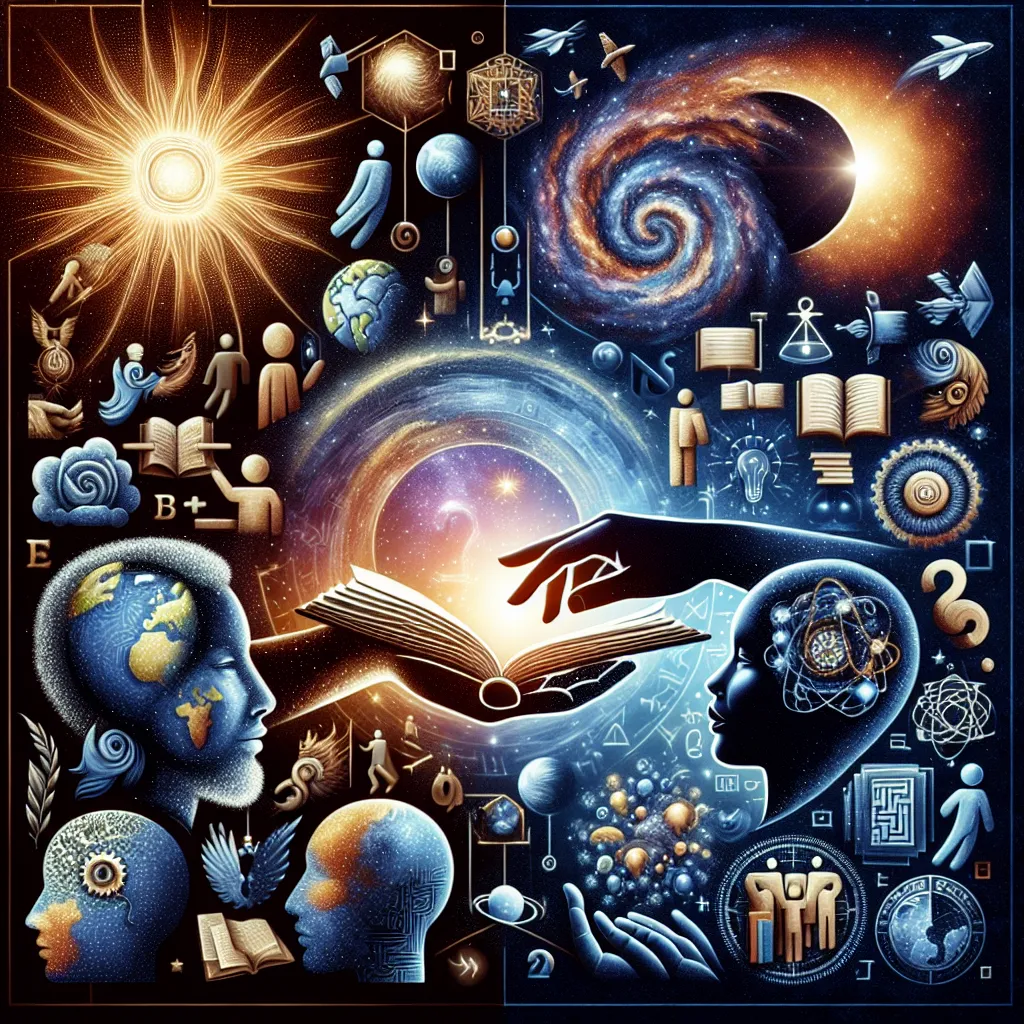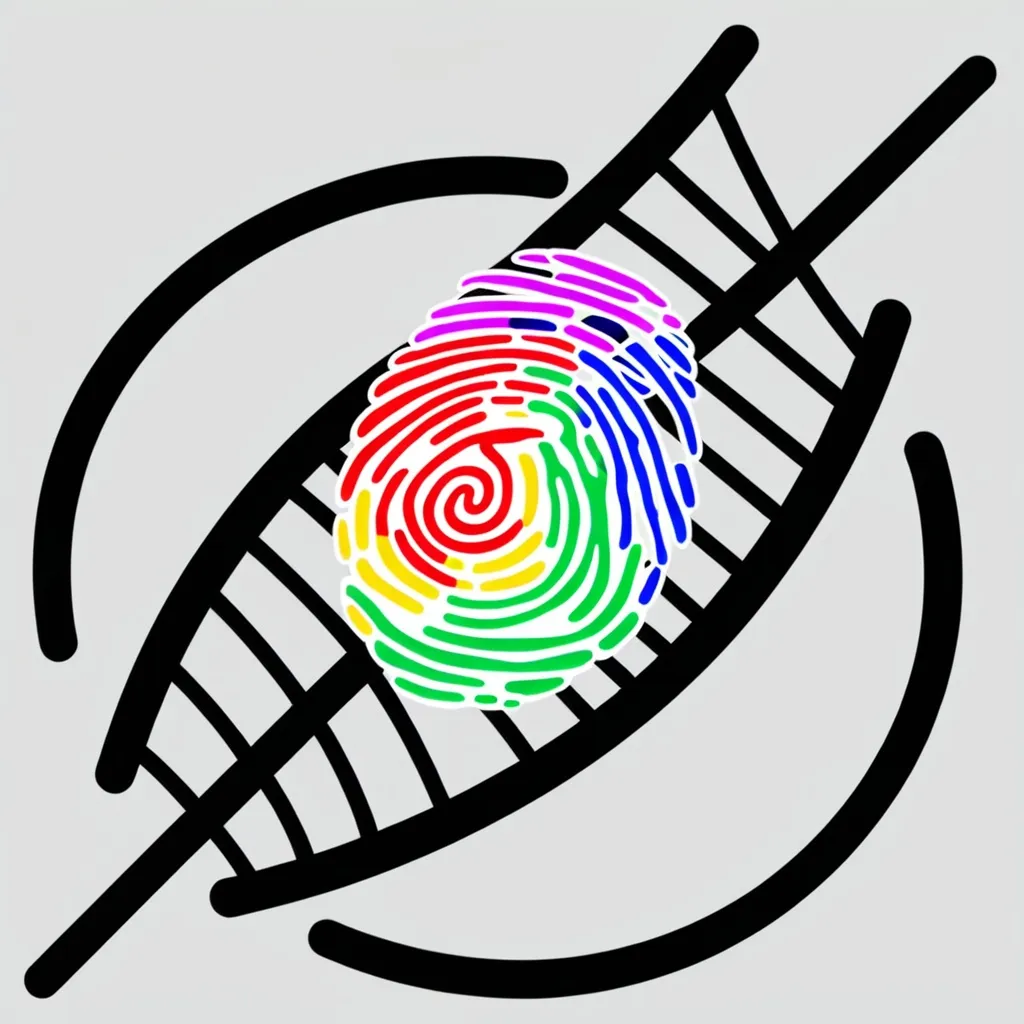You probably believe that the Sun is way bigger than the Earth, and that the Earth is a somewhat round planet that spins on its axis every 24 hours and travels around the Sun every 365 days. You believe that you were born on a certain date to two human parents, who were also born on earlier dates. You trust that other people have thoughts and feelings just like you and that you aren’t surrounded by humanoid robots.
These beliefs aren’t based on what you see directly. You can’t really observe the size and motion of the Sun and the Earth, or know your family history, or understand what other humans are thinking just by looking. Instead, you believe these things because you’ve been told. Spoken and written words help us pass on knowledge from one person to another and from one generation to another. Without this transfer of information, we wouldn’t know much about our world.
Learning from experts or authorities is usually a good way to gain knowledge, but it isn’t foolproof. Even the best authorities can be wrong sometimes. This can happen if an authority is dishonest or if they simply make mistakes. For instance, several respected economists didn’t foresee the financial collapse of 2008. They were wrong and many people, trusting these economists, lost a lot of money.
So, while trusting experts can be helpful, it can also lead to big mistakes. It’s important to know when to trust authority and when not to. How do you figure this out? By looking at their track record. If someone has been consistently right about a specific topic, they are more likely to be right again, at least in the short term.
For example, if someone is good at predicting winners in politics and baseball, you might trust their predictions in those fields. But if their track record in other areas isn’t great, you might not trust them on those topics. So, the first question to ask yourself when deciding whether to trust an expert is, “What’s their track record on this topic?”
You can even apply this idea to yourself. Let’s say your instincts tell you you’ve just met Mr. Right. Ask yourself, how reliable have your instincts been in the past on such matters? Just as you judge others by their track record, you can judge your own instincts the same way. This helps you get a clearer, more objective view of yourself and your place in the world.






